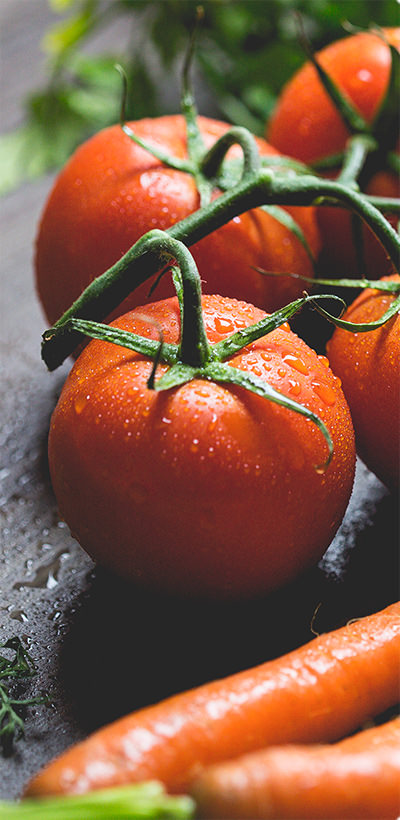Pelleted Carrot Collection
Pelleted seed is easy to handle and saves space while reducing the amount of thinning required. Keep moist until coating has cracked. This collection contains 3 Pkgs of 'easy to plant' pelleted seed; 1,000 seeds each of Napoli, Volcano and Neptune Carrots in Pelleted seed form. Pelleted/Treated Seed Only.
Napoli: Bright 7-8 inch, slightly tapered roots have excellent sweet flavour, and dark green tops. Fantastic as an early bunching carrot. Napoli keeps well in the fall and becomes very sweet when harvested late. Extra early at 55 days.
Volcano: Good storage with strong disease resistance. This main season Nantes hybrid produces 8-9" cylindrical roots with good internal and external color. Tops are upright and strongly attached. Roots are resistant to breakage during harvest and store well. High resistance to Alternaria. Maturity 130-140 days.
Neptune: A superior hybrid multiple-use imperator. Neptune has early maturity, flexibility in the field and long term storage capabilities. Medium orange 8-10” roots with an indistinct core are tasty and crisp. This carrot is a big yielder. Maturity is about 65 days.
Scroll down for more details and growing information.

Details
Growing Information
Planting:
Sow as soon as ground can be worked. Even moisture and soil temperature (18-24 degrees C) are essential for good germination. Sow seed 1⁄4-1⁄2 inches deep. Seed takes 14-21 days to germinate. Planting a few radish seeds helps to loosen the soil and mark the rows for these slow emerging seeds. Thin plants to at least 1 inch apart in rows spaced 18-24 inches apart.
Pelleted Seed: Pelleted seed is easy to handle and saves space while reducing the amount of thinning required. Pelleted seed requires more moisture than regular seed so keep moist until coating has cracked.
Growing:
Carrots are best grown in full sun but will tolerate light shading. Choose deeply-worked, stone free soil with pH of 6.5. Chantenay types are suitable for shallow or heavy soils. Raised beds or rows are recommended. Carrots are light to moderate feeders. Avoid using fresh animal and green manures at the time of planting. Moisture is required for good root formation.
Pests & Diseases:
Root maggots and Rust Flies can be deterred by using row covers. Leaf spot and blight diseases (Cercospera and Altenaria) can be controlled using a sulfur or copper fungicide. Aster Yellows is a disease spread by leaf hoppers. Control these insects by spraying in the evening with insecticidal soap or a pyrethrum product.
Companions:
Bean, Brussels sprouts, cabbage, chive, leaf lettuce, leek, onion, pea, pepper, radish, tomato.
Sowing Rate:
Approx. 23,000/25g will seed a 100-150 foot row, 1kg of seed/ acre.



